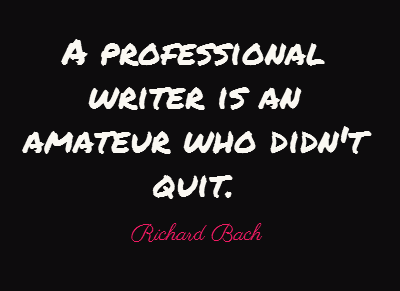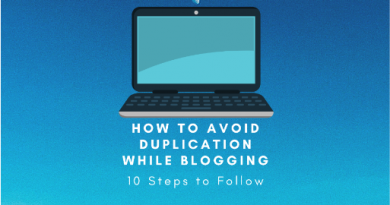FICTION VS. NON-FICTION PT.2 by Charles Opara
Non-fiction can either be just the string or it can have beads too. But fiction, good fiction, can never be just the string. It has to have fleshed out parts if it aims to entertain and not merely to inform. And what better way is there to entertain than to allow readers to inhabit certain moments in a story with a character. Fleshing out parts of your plot into scenes involves slowing down the pace of the plot and describing actions blow-by- blow among other things beyond this discourse. When you do this, you let readers into the head of your character, and they can feel what he feels, sees, hears, tastes and smells in the story as well as his thoughts and visceral responses. And this all feels like it’s happening live or in real-time. Even when describing events in that happened in the past, if you choose to, you can tell them through a backstory or a flashback, and achieve the same thing.
When I critique fiction stories, my emphasis is usually on the story itself and the writer’s approach to it. When I critique non-fiction stories, I restrict myself to the writer’s approach to it. As I’ve already said, fiction has certain elements that apply to it, but do not apply non-fiction, and so you can’t look at the stories the same way. In non-fiction, you can’t alter the story too much because then it would not be based on facts anymore. You can tell the non-fiction writer, for instance, to add this and that or create a new conflict to make the story more exciting because you’re dealing with an actual occurrence.
(Good) Fiction tries to entertain, the way movies entertain, while non-fiction tries to inform, the way documentaries do. Usually, with a documentary, whether it is heard and seen or just heard, it achieves what it set out to. This is not like fiction, which ought to be seen and heard all the time. Good fiction allows you to experience for yourself so you can form your own independent opinions and even form opinions about the narrator. A piece of non-fiction could do that too, if it were told through a character in the story, but the extent to which it allows you to probe the story independently varies. And unless it is creative non- fiction, it is usually not at par with fiction. (Creative non-fiction is the most scenic kind of non-fiction and there’s a huge market for it.)
The kind of non-fiction where the narrator is not a character in the story is like a report, we either agree or disagree with it. Applying the logic of cybernetics to this: All we see is the system and not the unit that controls the system so we are limited as to what we can do within the system. So the more powers your unit has the more control it has over the system. In cybernetics, it is called a unit. In writing, it iss called, POV character. Through a POV character with emotions and five senses, you are able to show more. But with one that is unemotional (objective), you tend to show less and tell more. Therefore, I believe that stories with too much telling and too little showing are either non-fiction or poorly-told fiction. Even fiction as short as 300 words (flash fiction) ought to have some measure of showing.
Bio
Charles Opara is a Nigerian-born author in his early 40s. He writes short stories and novels. As a novelist, he has a leaning towards suspense and speculative fiction, some set in Africa. He is a programmer with a passion for gadgets and gizmos and groundbreaking technologies. His creative mind enjoys the logic involved in writing stories and programs. He currently works with the National Population Commission in his country, and is a member of the Association of Nigerian Authors. In 2015, his horror short “It Happened” was shortlisted for the Awele Creative Trust short story prize back in his country.
Photo credit: quotesgram.com




